Electric vehicles (EVs) are powered by batteries, which serve as the heart of these eco-friendly machines. As the automotive industry shifts towards electrification, understanding what an EV battery is and how it works becomes essential for consumers and enthusiasts alike.
What is an EV Battery?
An EV battery, or electric vehicle battery, is a rechargeable energy storage system designed to power electric vehicles. It stores electrical energy in chemical form and releases it to drive the vehicle's motor. These batteries, typically Lithium-ion, are engineered for high energy density, enabling EVs to achieve longer driving ranges. A sophisticated Battery Management System (BMS) ensures that the battery operates safely and efficiently, managing factors like temperature, charge levels, and power output. EV batteries are central to the functionality and sustainability of electric vehicles.

How Does an EV Battery Work?
An EV battery works by storing energy in chemical form within cells, typically Lithium-ion, which have a high energy density. When you press the accelerator, the battery discharges electricity that flows to the vehicle's electric motor, converting this energy into mechanical power to move the wheels. The Battery Management System (BMS) plays a crucial role by monitoring the battery’s temperature, voltage, and current, ensuring that it operates within safe limits and efficiently manages energy flow.
Additionally, the system allows for regenerative braking, where the motor temporarily acts as a generator when the vehicle slows down. This process converts kinetic energy back into electrical energy, which is then stored in the battery, slightly recharging it. This not only improves the efficiency of the vehicle but also helps extend the driving range by recovering energy that would otherwise be lost during braking.
This combination of chemical energy storage, efficient energy conversion, and advanced management systems makes EV batteries integral to the performance and sustainability of electric vehicles.
What Types of EV Batteries Are There?
EV batteries come in several types, each with unique characteristics that affect performance, cost, and application in electric vehicles:
Lithium-Ion Batteries (Li-ion)
The most common type used in EVs today due to their high energy density, long cycle life, and relatively low weight. These batteries offer a good balance between performance and cost, making them ideal for a wide range of electric vehicles.
Nickel-Metal Hydride (NiMH) Batteries
Primarily used in hybrid vehicles rather than full EVs. These batteries are durable and have a longer life than lead-acid batteries but are heavier and less energy-dense than Lithium-ion batteries.
Solid-State Batteries
An emerging technology with the potential to offer higher energy density and greater safety compared to Li-ion batteries. They use a solid electrolyte instead of a liquid one, which reduces the risk of leaks and fires. Although still in the development stage, solid-state batteries promise faster charging times and longer ranges.
Lithium Iron Phosphate (LFP) Batteries
A type of Li-ion battery known for its stability, safety, and longer life cycle. LFP batteries are less energy-dense than other Li-ion variants but are popular in applications where safety and longevity are prioritized.
Lead-Acid Batteries
One of the oldest types of rechargeable batteries, these are rarely used in modern EVs due to their low energy density and short life span. They are mostly found in starter batteries for internal combustion engines or low-cost, short-range electric vehicles.
Each type of EV battery has its own advantages and is chosen based on the specific requirements of the vehicle, such as range, cost, and performance. As technology advances, newer types like solid-state batteries may become more prevalent in the EV market.
What Sets EV Batteries Apart from Traditional Batteries?
EV batteries are distinct from traditional batteries in several important ways.
Energy Density: EV batteries, particularly Lithium-ion, have a much higher energy density, meaning they can store more energy in a smaller space, which is crucial for providing long driving ranges.
Battery Management System (BMS): Unlike traditional batteries, EV batteries include a sophisticated BMS that carefully monitors and manages factors like temperature, voltage, and current to ensure the battery operates safely and efficiently over a long lifespan.
Thermal Management: EV batteries require advanced thermal management systems to keep them at optimal operating temperatures. This prevents overheating, which can reduce battery life, and freezing, which can impair performance. Traditional batteries generally do not have these complex systems.
Regenerative Braking: EV batteries are designed to support regenerative braking, a process where the vehicle recaptures energy during braking and stores it back in the battery. This feature helps to extend the driving range and is a key difference from traditional batteries, which lack this capability.
Longevity and Durability: EV batteries are built to last through thousands of charge and discharge cycles, providing long-term power for electric vehicles. In contrast, traditional batteries, like those used in conventional cars, have a shorter lifespan and fewer charge cycles.

These features make EV batteries highly specialized and well-suited for the demands of electric vehicles, offering greater efficiency, safety, and longevity compared to traditional batteries.
What Are the Environmental Impacts of EV Batteries?
EV batteries have a significant positive impact on the environment by reducing greenhouse gas emissions. Electric vehicles powered by these batteries produce no tailpipe emissions, which leads to cleaner air and helps combat climate change. As technology improves, the efficiency of these batteries continues to increase, making electric vehicles an even more sustainable transportation option.
While there are environmental challenges associated with the production and disposal of EV batteries, such as material sourcing and waste management, ongoing advancements are mitigating these issues. Improved recycling techniques, sustainable mining practices, and the development of more environmentally friendly battery technologies are helping to reduce the overall environmental footprint, ensuring that the benefits of EV batteries outweigh the drawbacks.
How different EV chargers will affect EV batteries
The type of EV charger you use has a direct impact on your EV battery's health and performance. Level 1 chargers, which use standard household outlets, provide a slow and steady charge, which is gentle on the battery but requires extended charging times. Level 2 chargers offer a faster, more balanced charge, ideal for daily use without overburdening the battery. DC fast chargers deliver a high-speed charge by supplying a large amount of power quickly, but frequent use can lead to increased heat and potential long-term wear on the battery. Selecting the right charger based on your usage needs is crucial for maintaining battery longevity and efficiency.
Choosing the right EV charger is essential for maintaining the health and performance of your EV battery. For reliable home charging, the Autel home EV chargers offer a perfect balance of speed and battery care, making them ideal for daily use. Their smart EV chargers provide advanced features like optimized charging schedules, which help extend battery life by reducing unnecessary stress. Additionally, Autel's EV charging stations are designed for both residential and commercial use, ensuring that your battery charges efficiently and safely every time.
Conclusion
EV batteries are pivotal to the future of transportation, offering a cleaner alternative to fossil fuels. Understanding the types, workings, and environmental considerations of EV batteries is crucial as the world moves towards a more sustainable automotive industry.

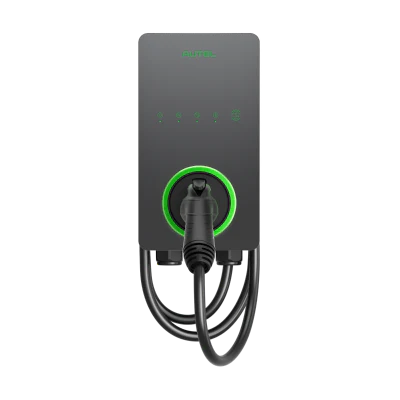
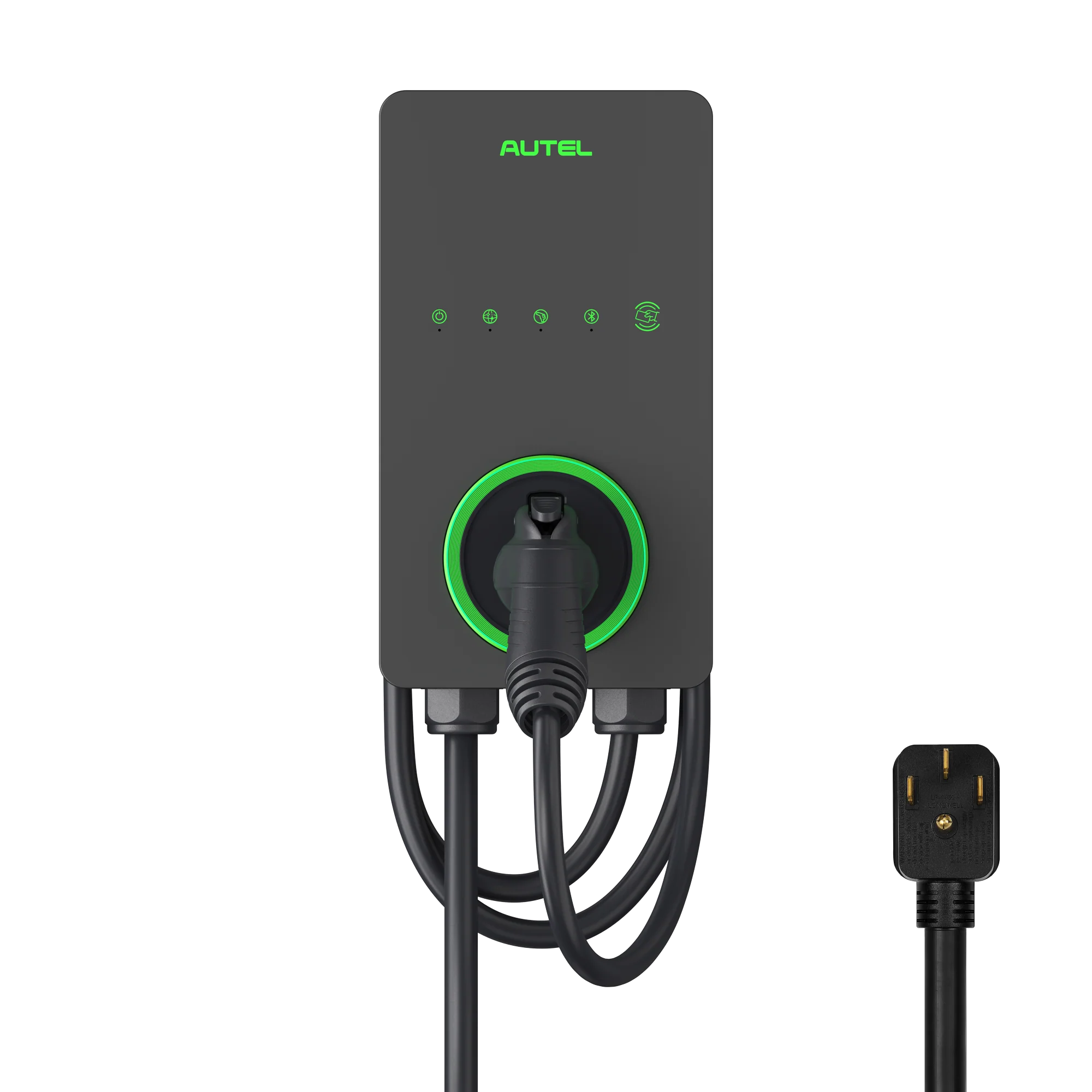
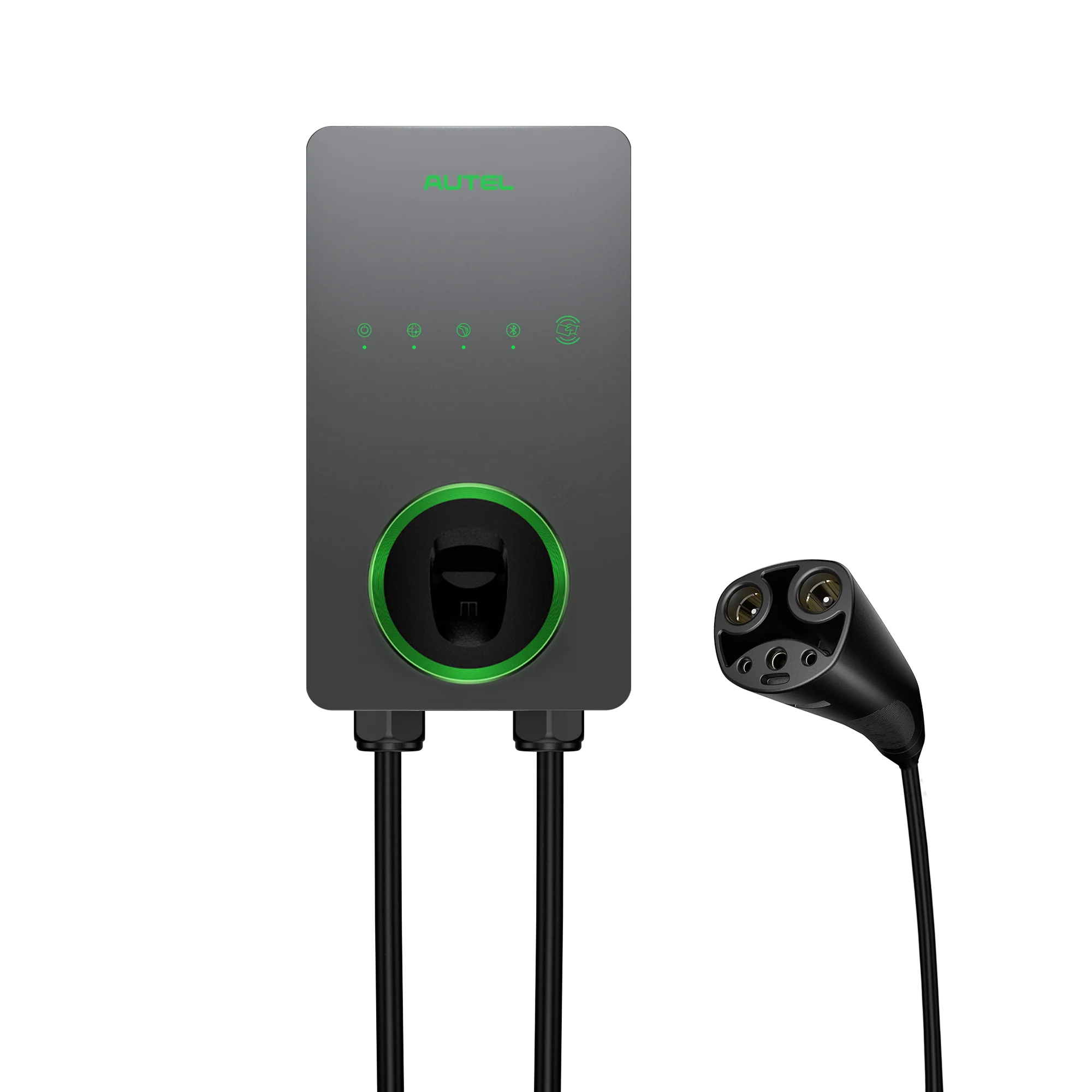
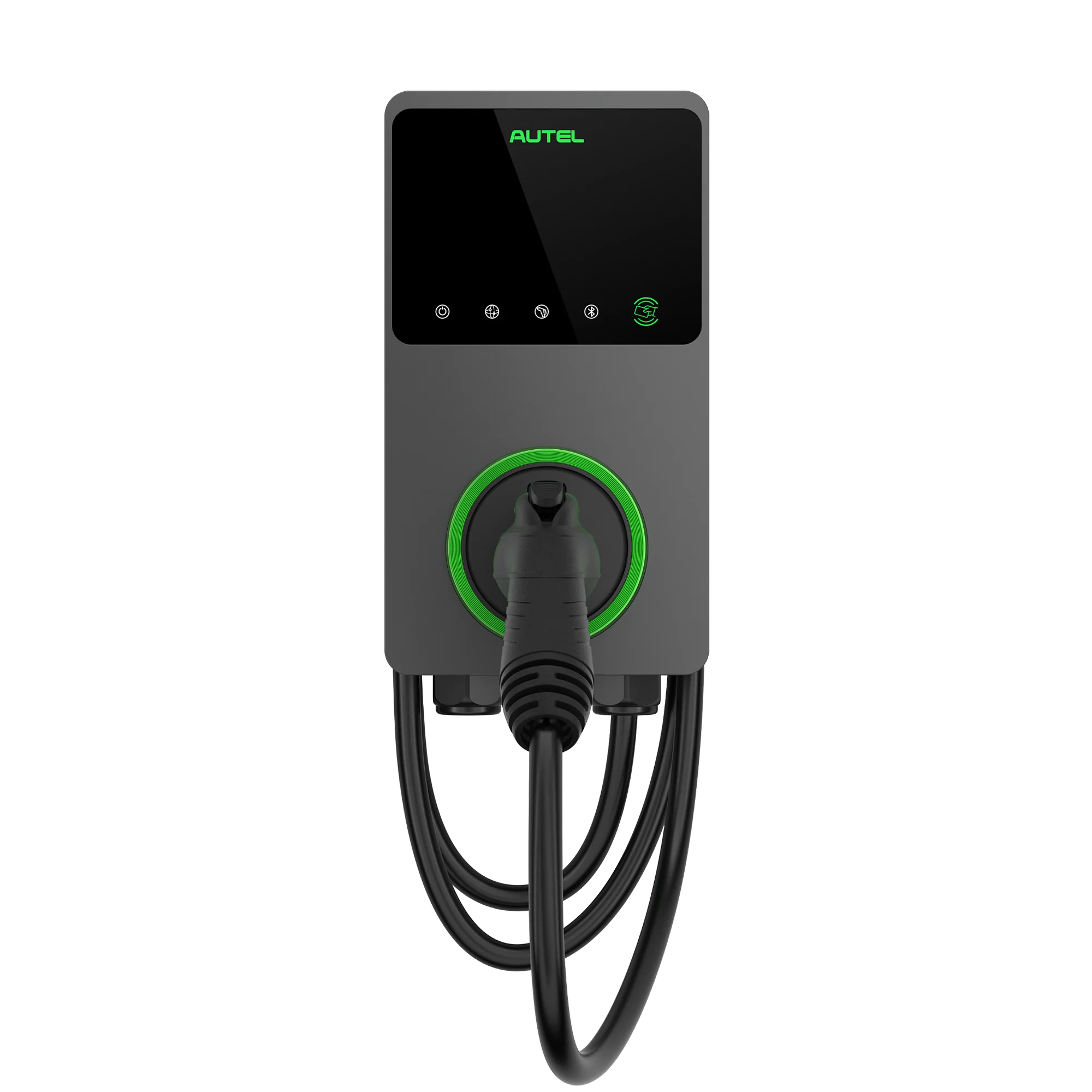
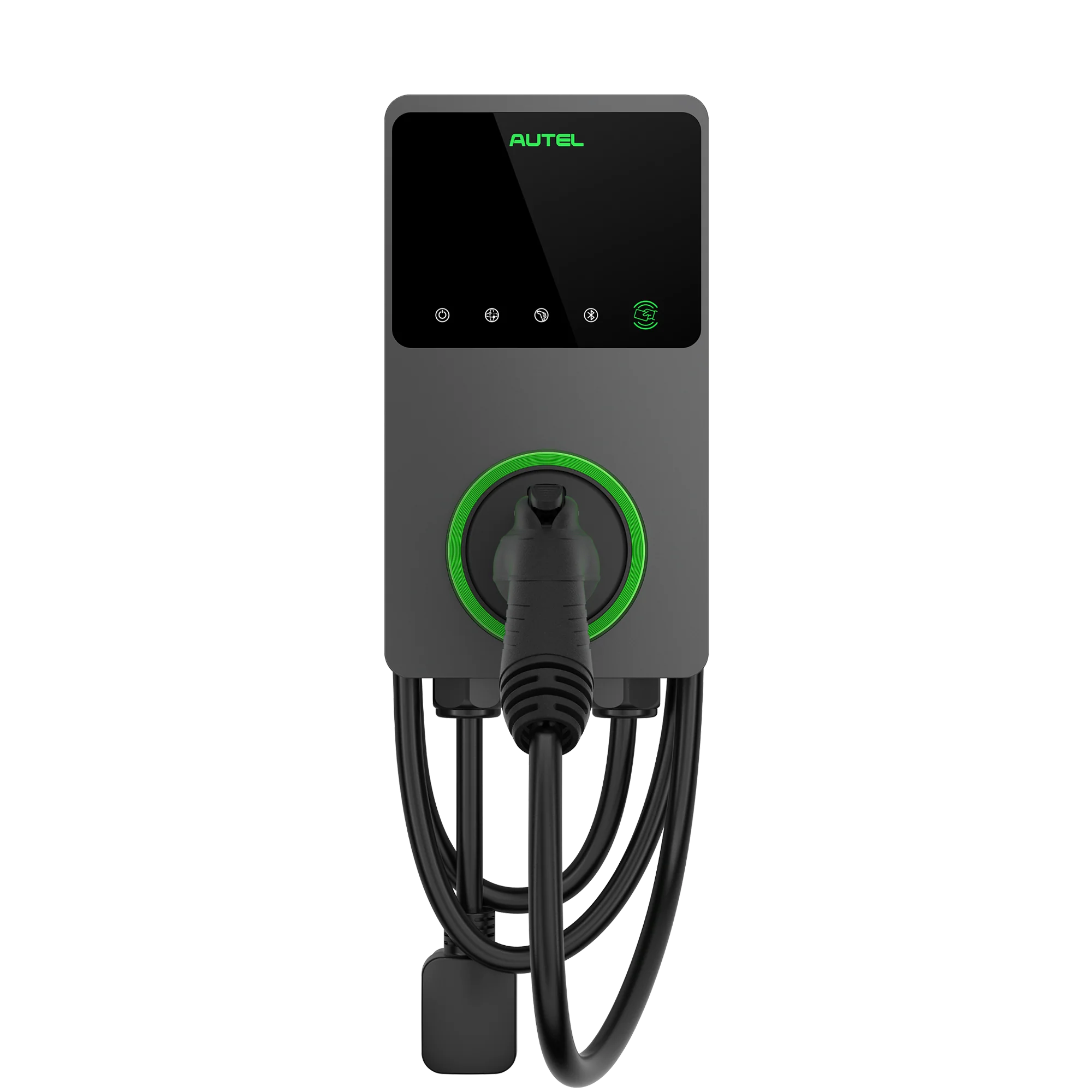

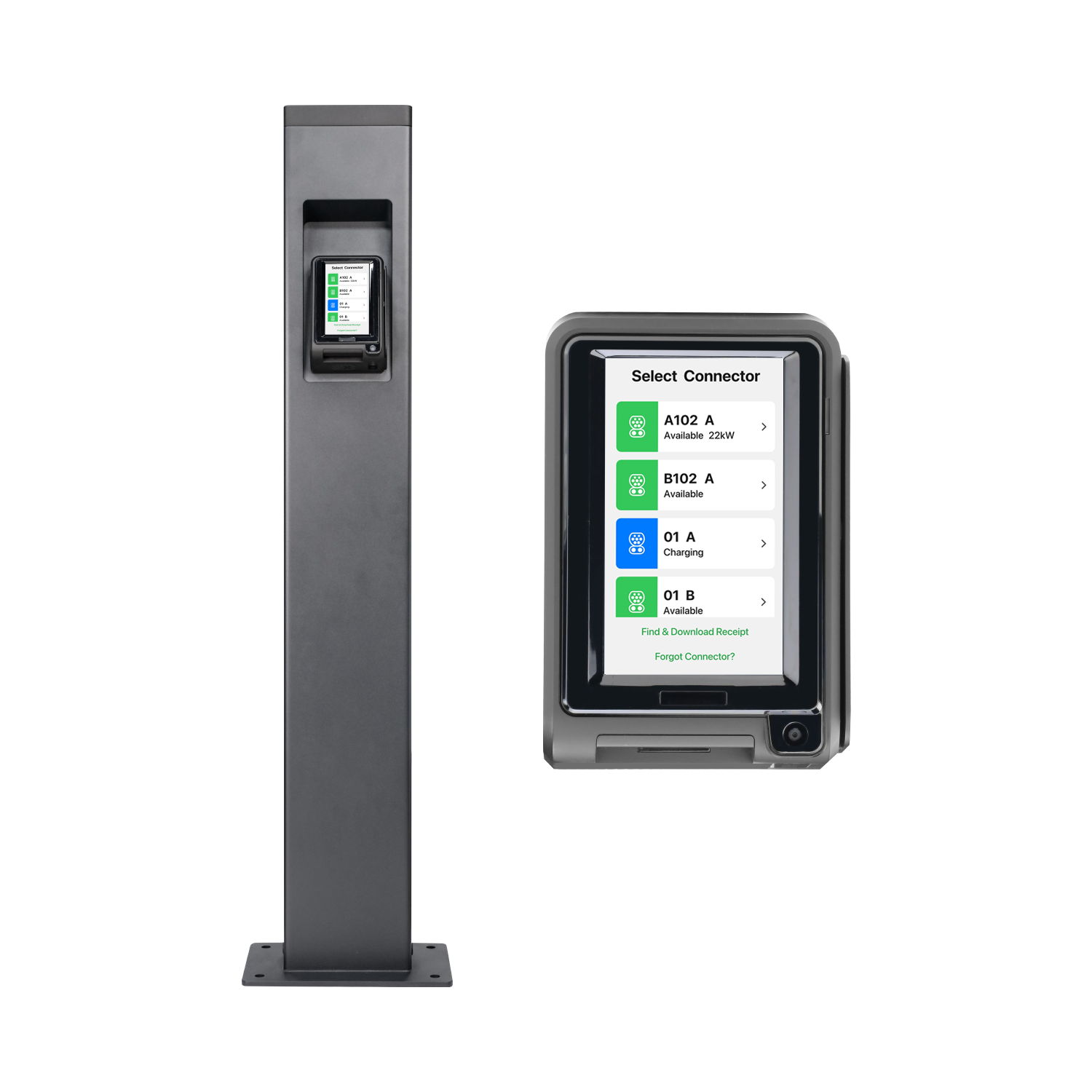

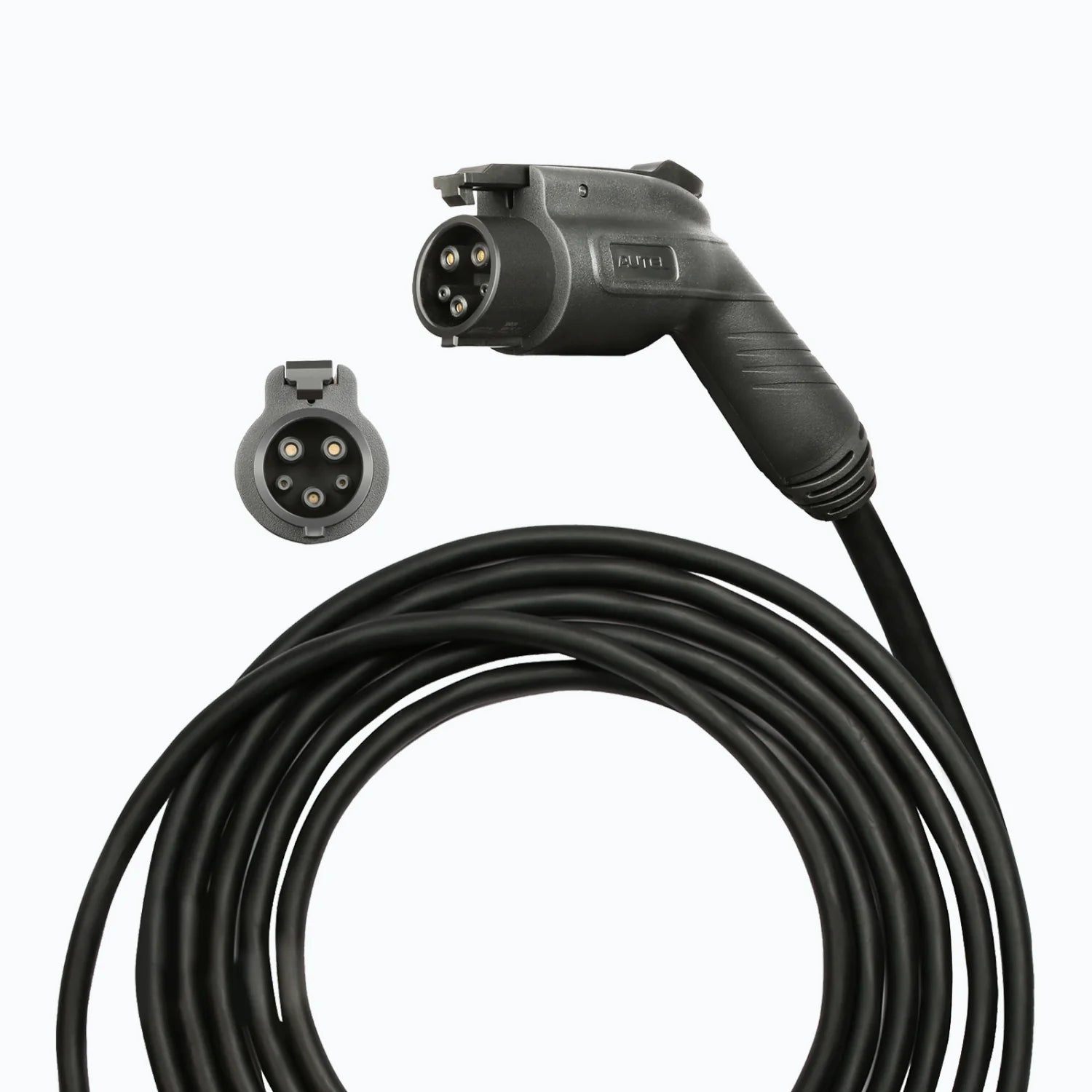
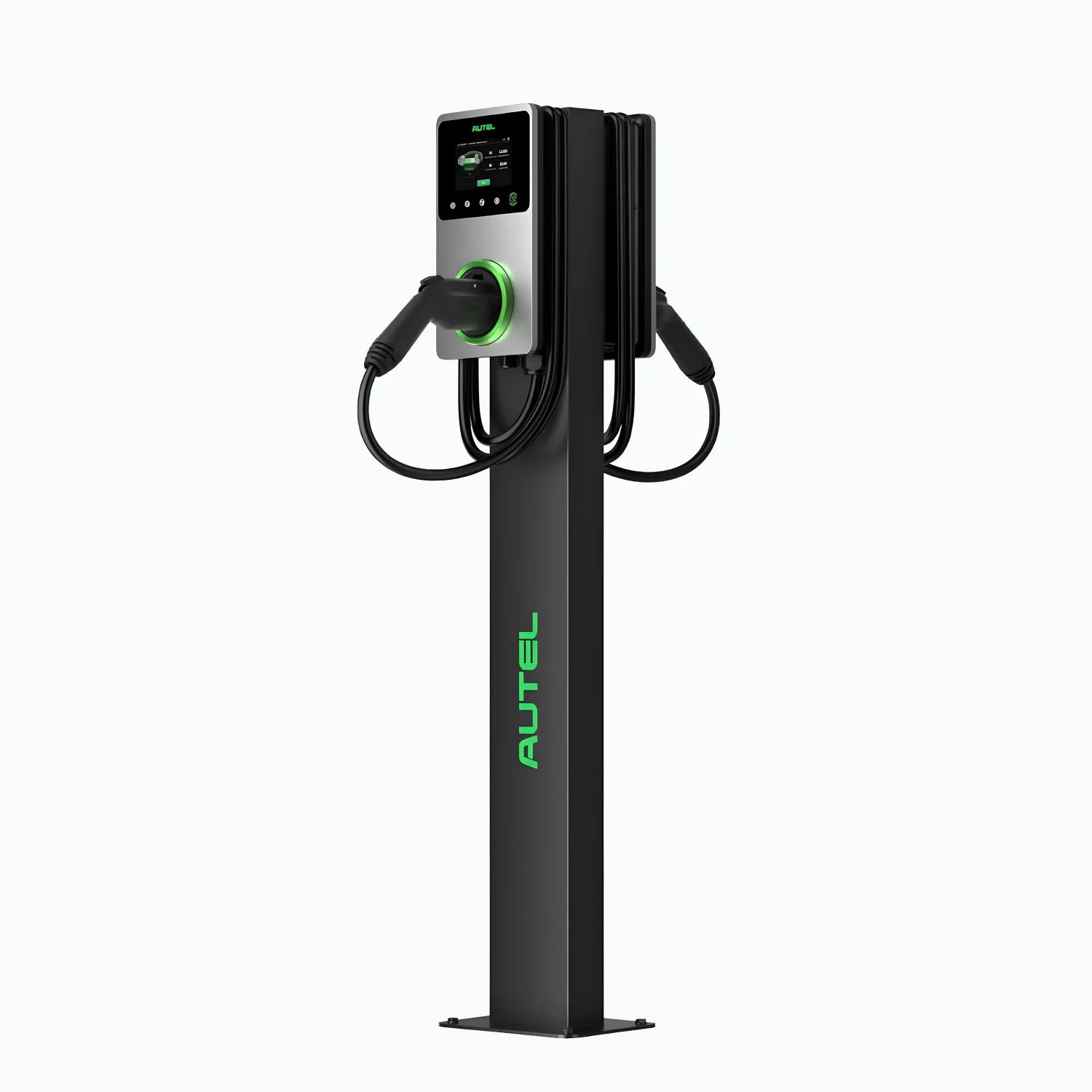
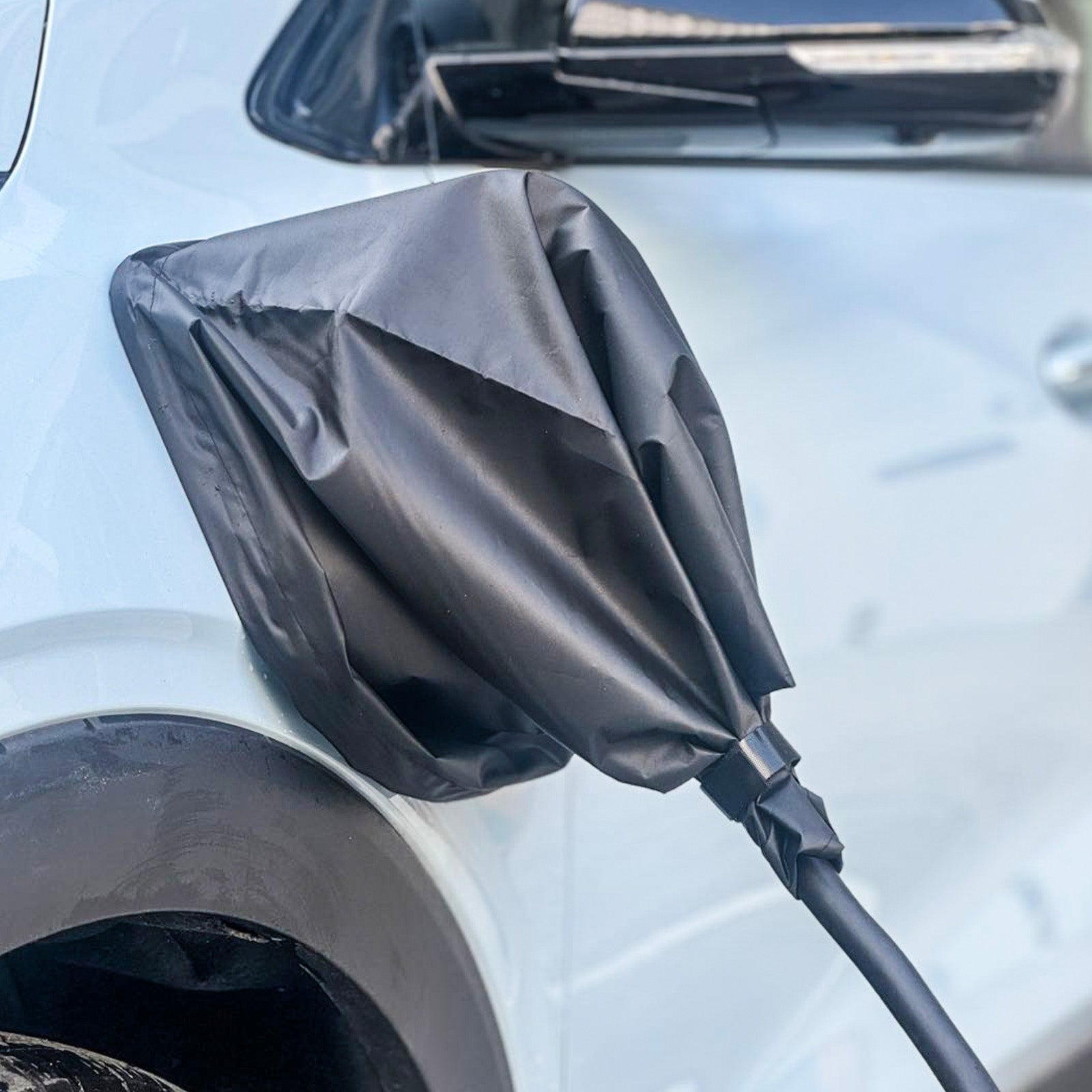
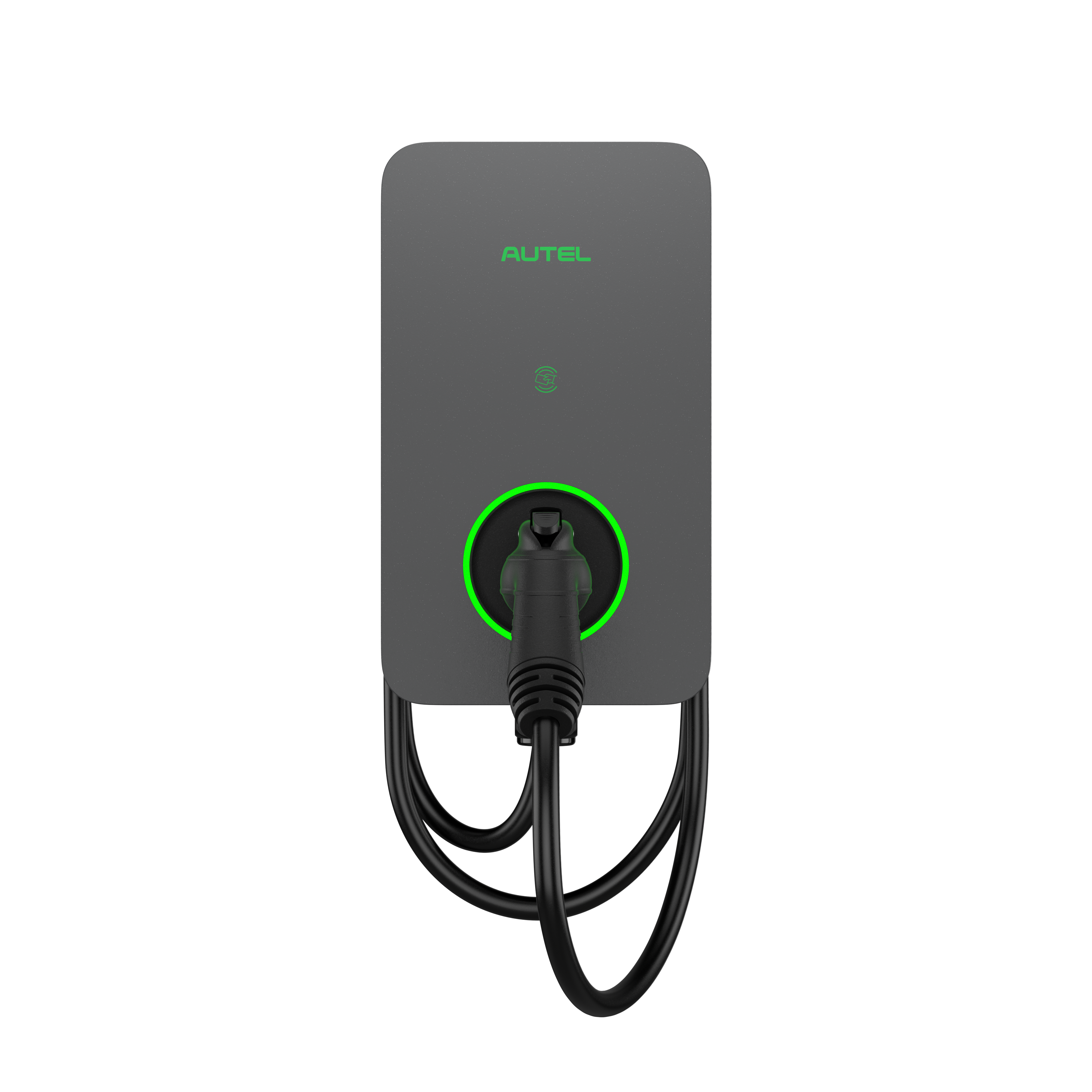
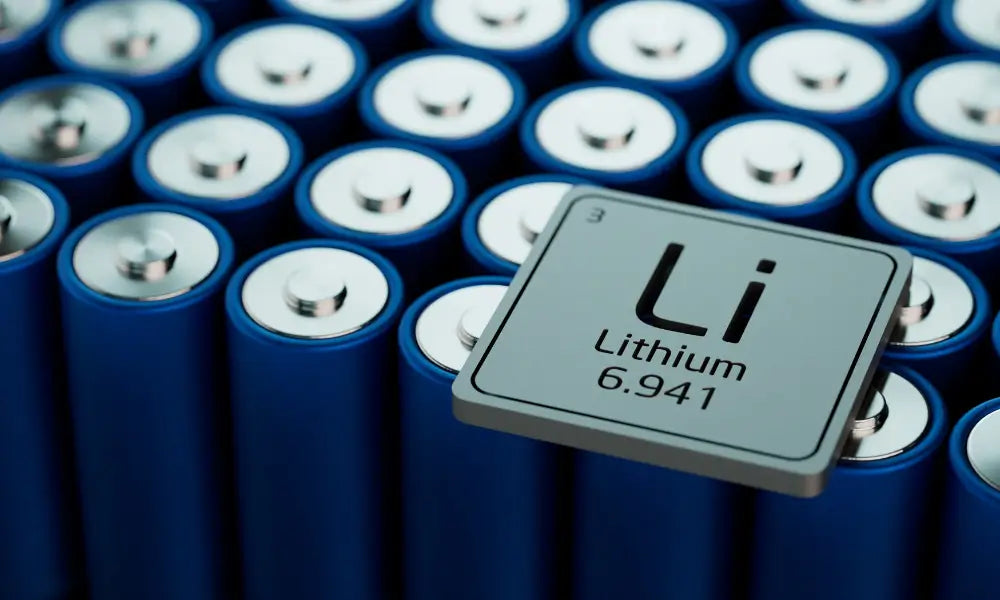
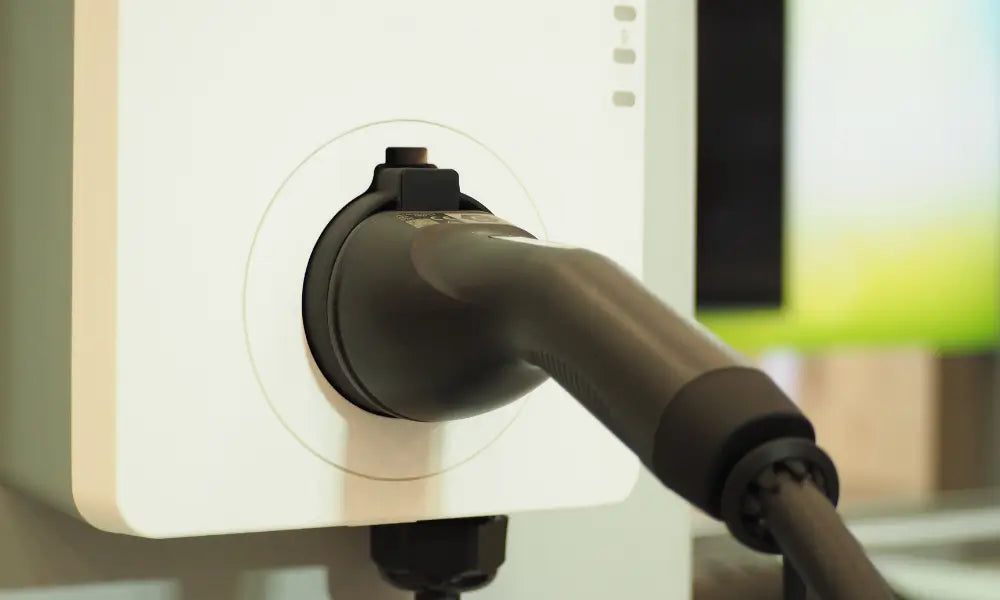
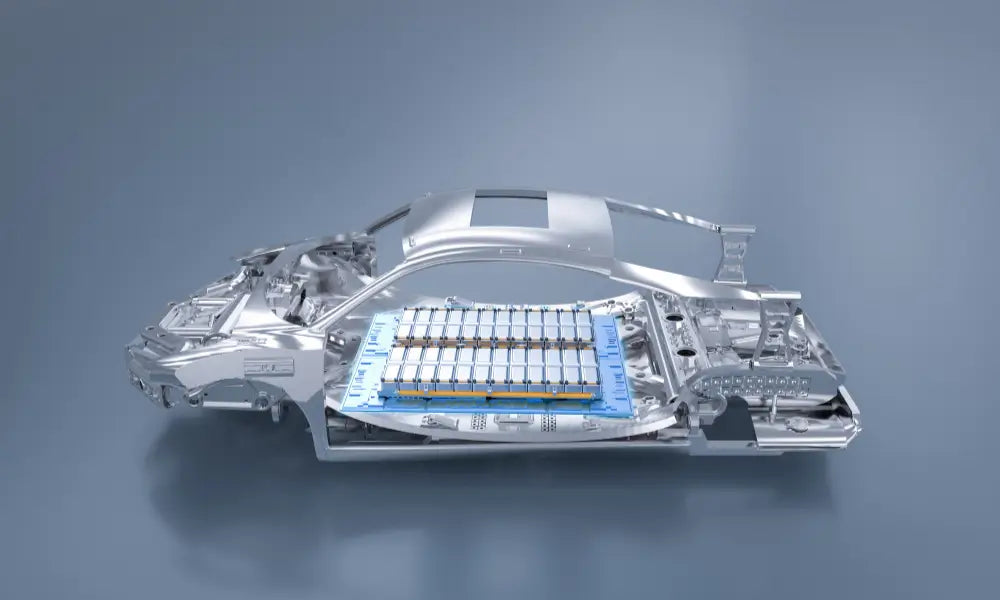
Laisser un commentaire
Tous les commentaires sont modérés avant d'être publiés.
Ce site est protégé par hCaptcha, et la Politique de confidentialité et les Conditions de service de hCaptcha s’appliquent.